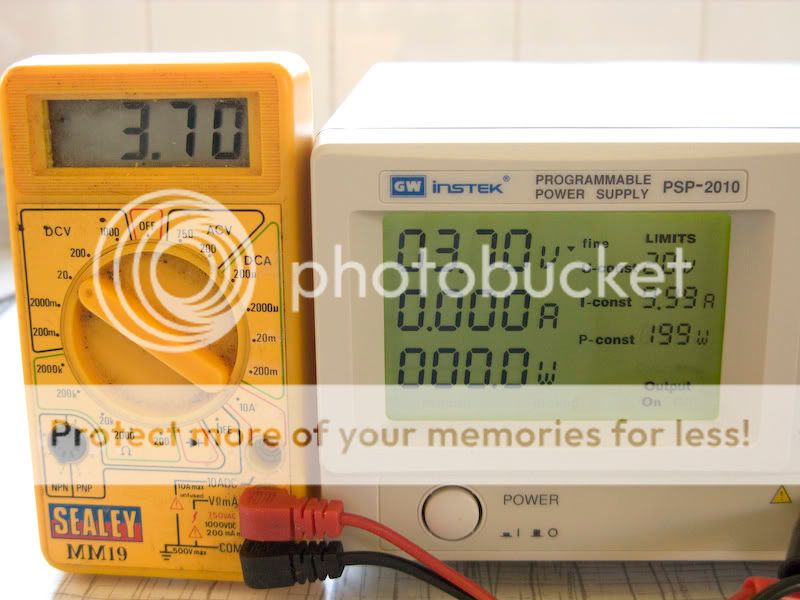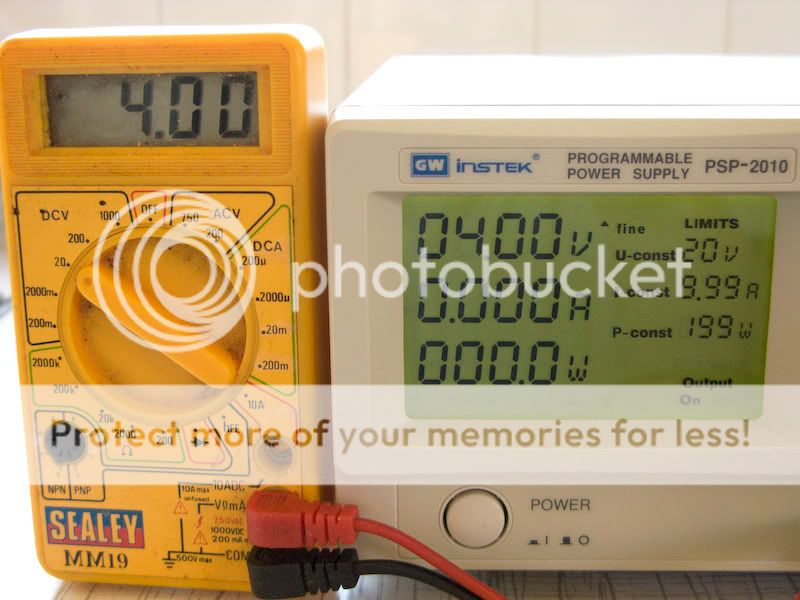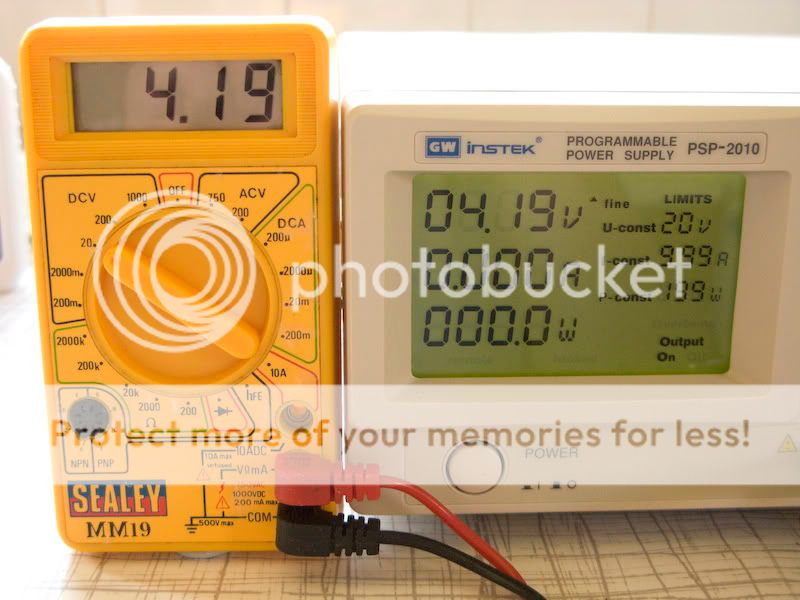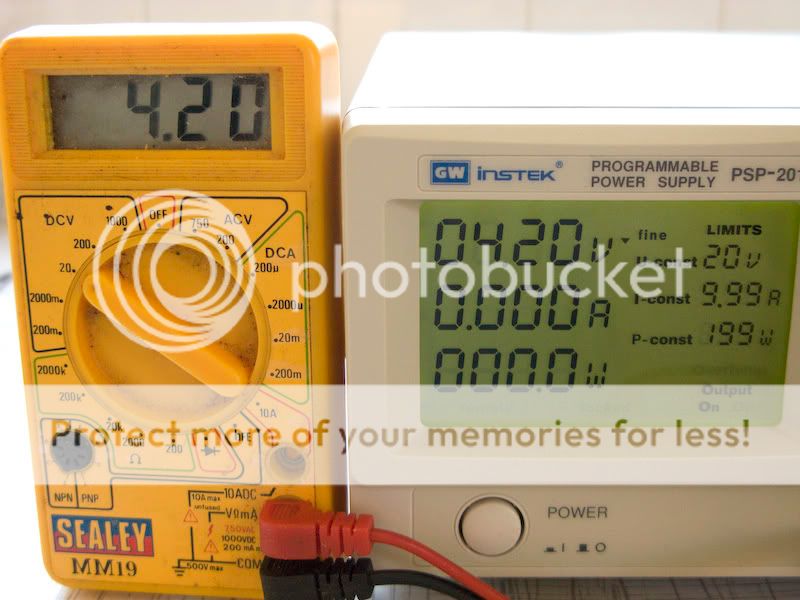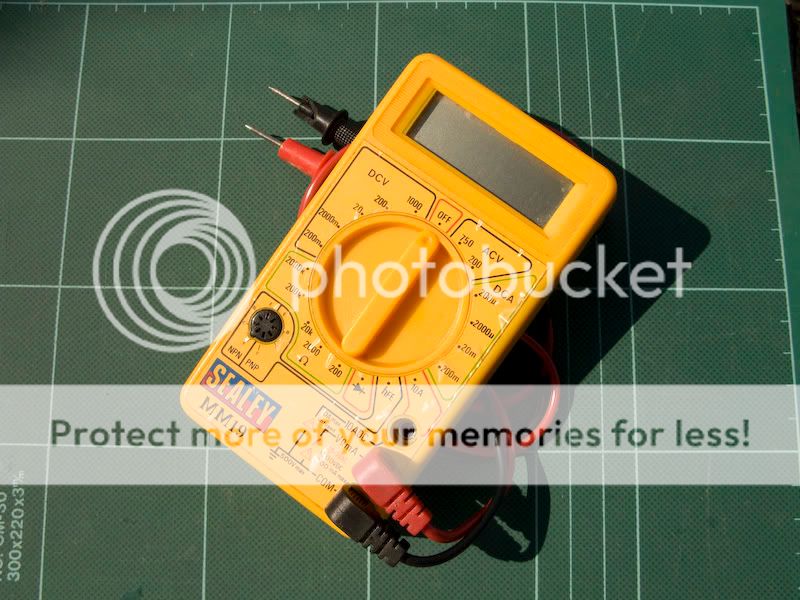Crofty, from what you mentioned they would all meet your needs. They are fairly basic units, which in this case is a good thing, but don't expect super accuracy for those prices.
A multimeter is a useful thing to have around the house. Even the most basic units will help you measure voltages from batteries. You can also test faulty DC adaptors (which are notoriously fragile), standard light bulbs, fuses and cable breaks for example. Such testing doesn't require you to understand what the read outs actually mean, just that you actually get a reading at all, though for detailed diagnosis it does help. You can also test mains voltages, but if you don't know what you are doing then don't. Spending big on a piece of test equipment you will not use to its full potential is pointless so these cheap ones should be just fine. Better to get comfortable with using one of these and find out if you need something better later.
Two extra points to add. One - get a small pouch or other storage bag to put your meter and accessories in to stop damage. Maplins do a range of meter pouches or you could even make do with an appropriately sized box lined with bubble wrap. The meters with the yellow rubber holster only protect the unit itself, not the test leads. Damaged leads are just going to make testing harder if you cannot tell whether your test equipment itself is faulty. Two - if you don't use your meter regularly or store it for long periods, take the battery out. A leaking cell will make a real mess of the meter and drive you to distraction if the meter doesn't work when you need it in a hurry. (Nothing ever breaks down when you don't need it!)
Oh and never use rechargeable batteries to power any measuring device as their voltages are too variable. Primaries only.
Hope this helps.


